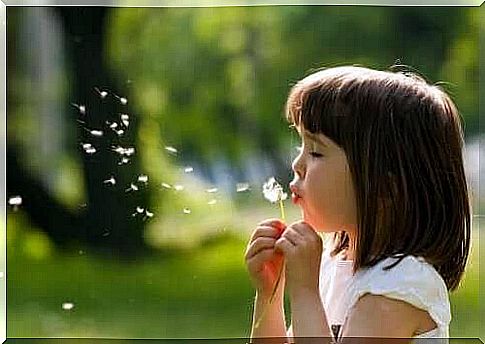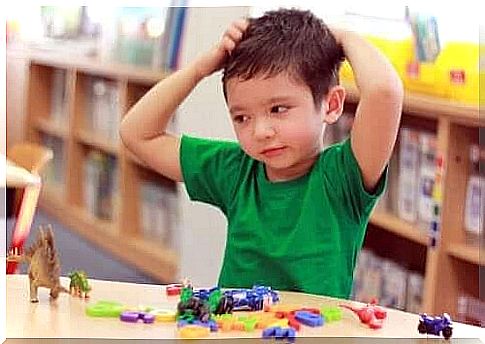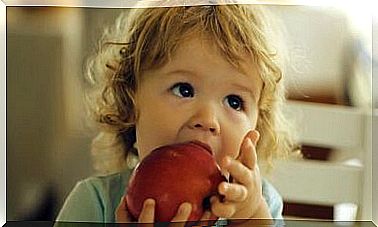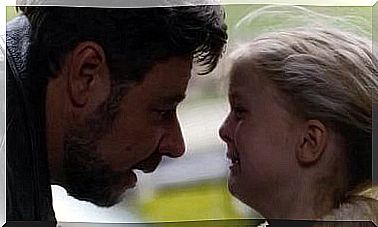Advice For Teaching Children Humility

Raising children is not just about giving them food, security and love. As a parent, it is also your responsibility to convey and teach them important values. By teaching children humility, they can live a happier life and have better relationships with others.
People who are not humble are presumptuous and arrogant and put their energy into feeling and looking like everyone else. This usually leads to them repelling others. However, people love to be around a humble person. Humble people are tolerant, compassionate and can learn from their mistakes.
It is therefore important to teach your child humility from a very young age. The values you teach your children often stay with them throughout their lives, so teaching their children humility is a great gift.
What is humility?
To incorporate this wonderful and necessary value into your children’s lives, you must understand what it means. Humility is a human virtue that consists in being able to recognize one’s own limitations. You therefore understand that you are not above anyone else.

Characteristics of a humble person
- A humble person knows his own limits and has a positive attitude towards lifelong learning.
- They understand that we are all human and that we therefore all make mistakes. Therefore, they never underestimate anyone or brag about their own achievements.
- They treat all living things with dignity and respect.
- They can ask for help when they need it and apologize when they do something wrong.
How to explain humility to children
Children do not yet have the cognitive maturity to understand something so abstract based solely on their definition. Therefore, the best thing you can do is integrate it into your everyday life. This will make it easier for your children to internalize this value by observing humble behaviors.
Teaching children humility through everyday examples
- Things like failing a test or not joining a team are making a child aware of their limitations. You need to help your child understand that no one is perfect, that not everyone is good at the same things and that you can work hard to get better. Thus, your child should not focus on being better than his peers but on improving himself.
- When your child, on the other hand, succeeds in something, you need to help your child show compassion to those who did not get a good result. If your child wins a football match, show that you should not tease the other team for it. Instead, tell them that it is important to have a friendly attitude.
- If your child knows children from other countries, or children with any functional deviation or other characteristics, take advantage of this to teach about tolerance and diversity. Do not miss the chance to convey that all people deserve to be treated with respect and dignity and that no one is better than anyone else.

- In addition, you can take your children to a park or out in nature so that they can appreciate and develop respect for all living things. Teach them to keep nature and its surroundings clean and to take care of life in all its forms, from flowers to insects and elephants. All life is equally valuable.
- Teaching children humility is to set a good example by acknowledging your own mistakes and apologizing for them. By doing so, your children will consider these actions normal and will incorporate them themselves. Remind in the same way that it is appropriate and beneficial to ask for help when you need it.
Why it is important to teach children humility
Contrary to many people’s beliefs, humility is not synonymous with submission or weakness. A humble child can appreciate his strengths without bragging about them and acknowledge his limitations without feeling inferior. In other words, they can respect others without sacrificing respect for themselves.
A humble child is a happy child who does not have to be perfect to know that he or she is valuable. Therefore, the child also does not expect others to be perfect. In addition, a humble child knows how to tolerate frustration, adapt to change, and take advantage of adversity to learn from.
Humble children also have healthy and honest relationships with others and above all they have a healthy relationship with themselves, because they can love and accept themselves as they are.









